Donald Trump has stated that Chinese-made smartphones, computers, and other electronics will not be exempt from tariffs, contradicting earlier reports of exclusions. Instead, he clarified the products are being moved into a different tariff category, or "bucket."
This announcement comes after Friday’s official notice suggested some tech products might escape tariffs of up to 145%, prompting a Monday morning rebound in European stock markets. However, U.S. officials later confirmed that these products would fall under a new "semiconductor tariff," with more details expected from Trump soon.
Commerce Secretary Howard Lutnick emphasized the administration’s push for domestic production: “We need our medicines, semiconductors, and electronics built in America.” He noted this new levy comes in addition to broader global tariffs imposed earlier this month, which are currently paused for 90 days.
A U.S. customs notice released Saturday hinted at exemptions for certain electronics, but Trump refuted the reports on social media, calling them "false." He reiterated that these items are not exempt, but instead subject to a different set of duties. “We are taking a look at semiconductors and the WHOLE ELECTRONICS SUPPLY CHAIN in the upcoming National Security Tariff Investigations,” he added.
Semiconductors are essential to devices like smartphones and laptops, forming the backbone of modern electronics. On Monday, Sony cited inflation and currency volatility as it announced a 10% price hike for its PlayStation 5 in Europe, Australia, and New Zealand—though prices in the U.S. remain unchanged.
China has urged the U.S. to cancel its tariffs completely and return to a “path of mutual respect.” Beijing described the reported exemptions as a “small step” and is currently assessing their impact. Still, talk of additional U.S. levies may temper hopes of easing trade tensions.
When asked whether Trump would speak with Chinese President Xi Jinping, U.S. Trade Representative Jamieson Greer responded, “Right now we don't have any plans on that,” during an appearance on CBS’s Face the Nation.
The U.S. began April with a 54% tariff on Chinese imports, escalating it to 145%. In response, China imposed counter-tariffs starting at 34%, then increasing to 125%, which took effect on Saturday. China’s commerce ministry said it would “fight to the end” if the U.S. continues to escalate the trade dispute.
While en route to Miami over the weekend, Trump said further clarification on tariff exemptions would be shared this week. The White House continues to defend tariffs as a strategic tool to secure fairer trade terms and revive U.S. manufacturing.
However, Trump’s approach has sparked significant stock market volatility and raised concerns about a global economic slowdown.
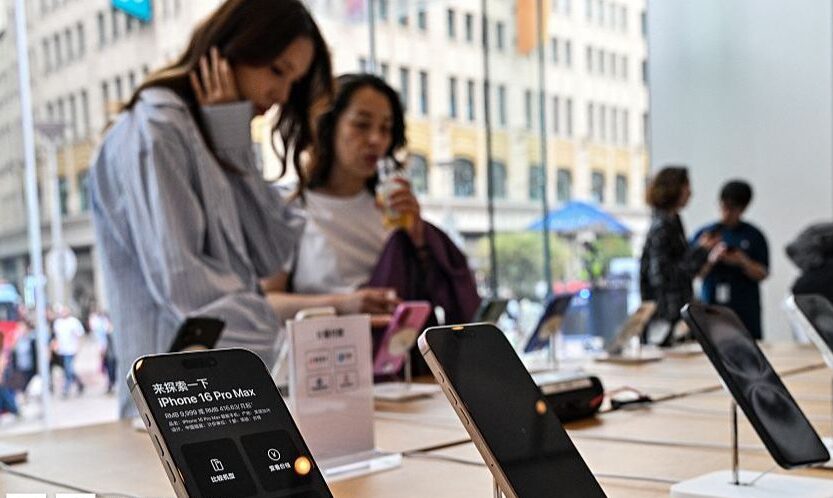
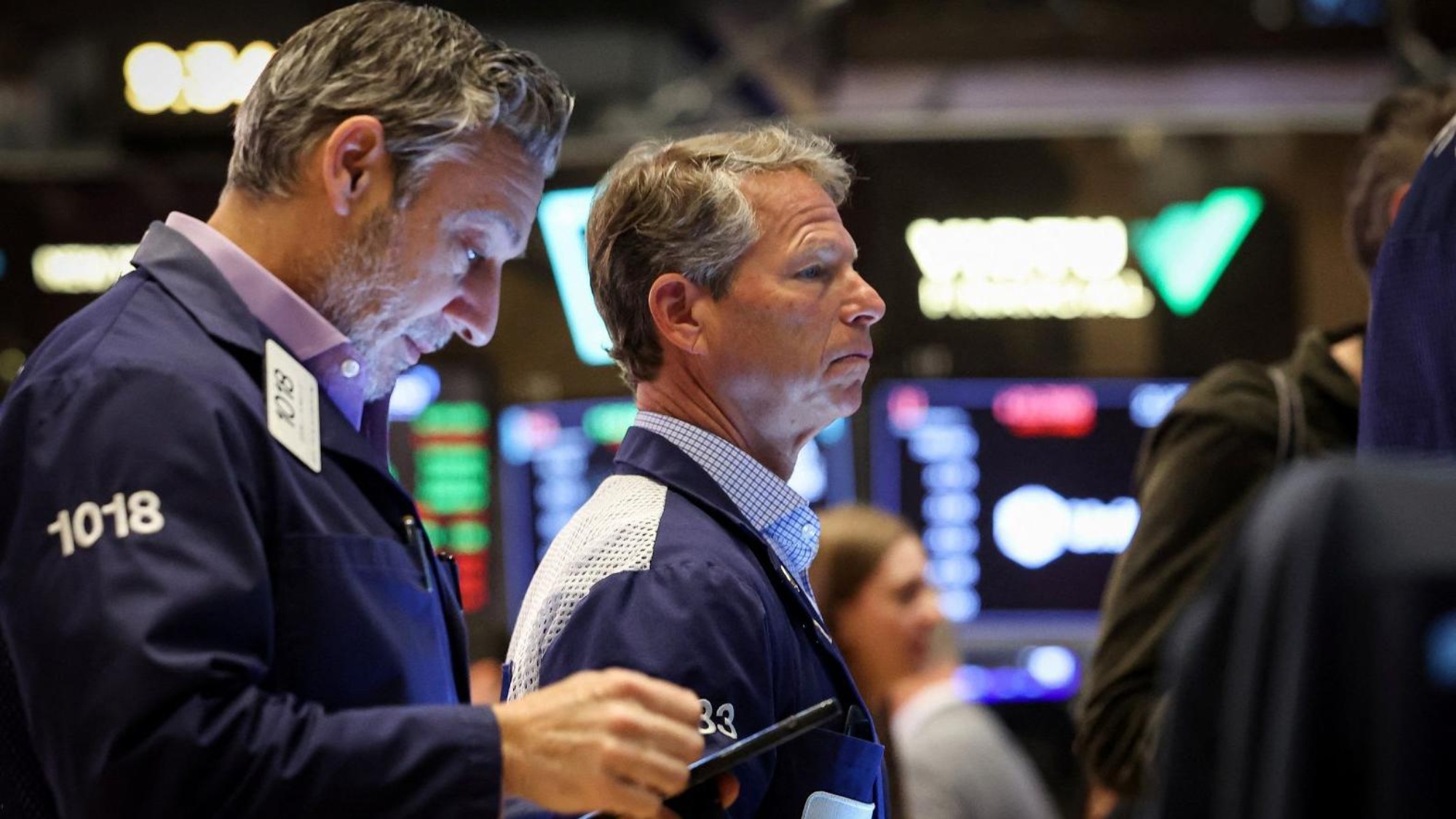

.jpg)

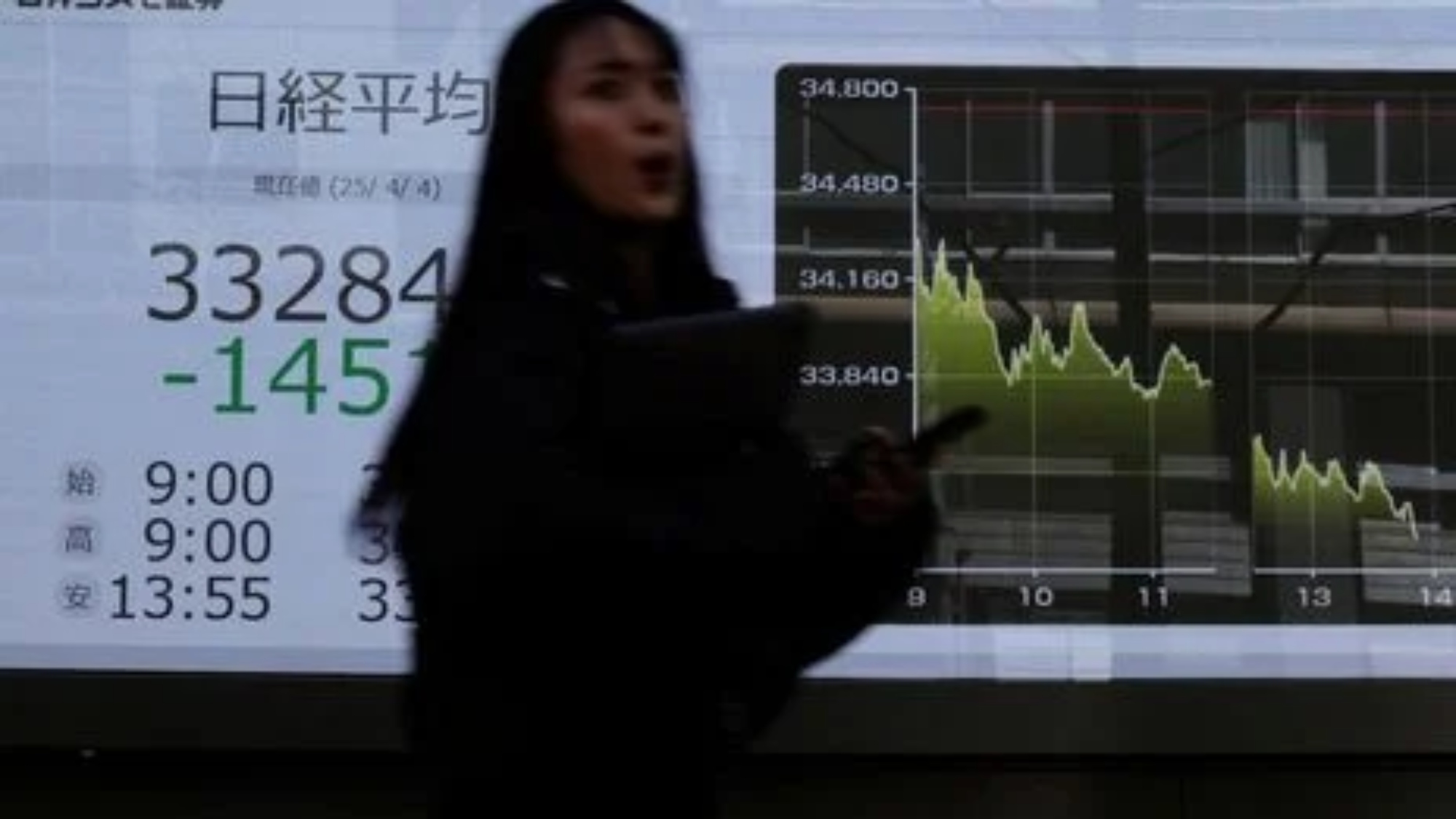
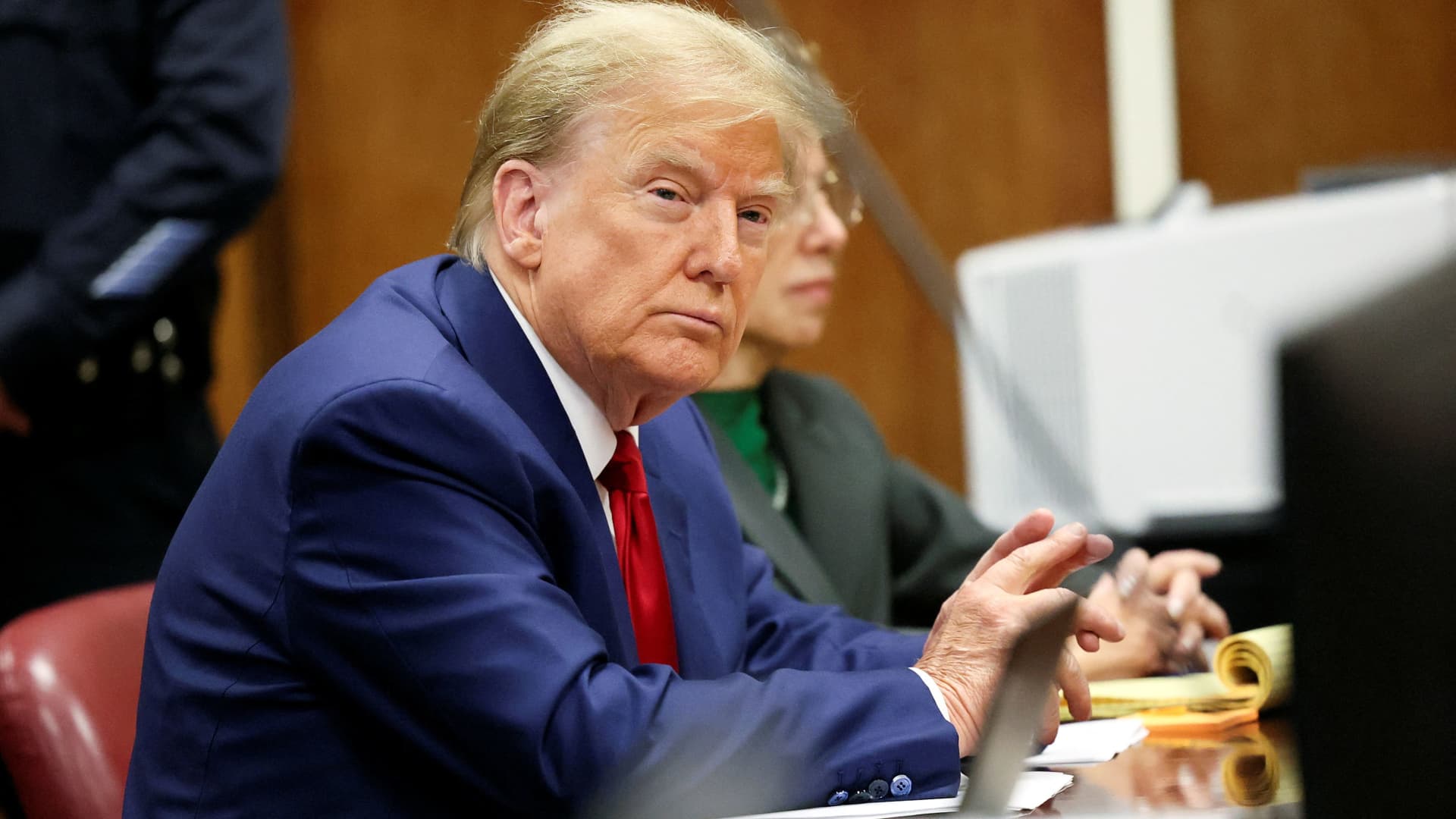
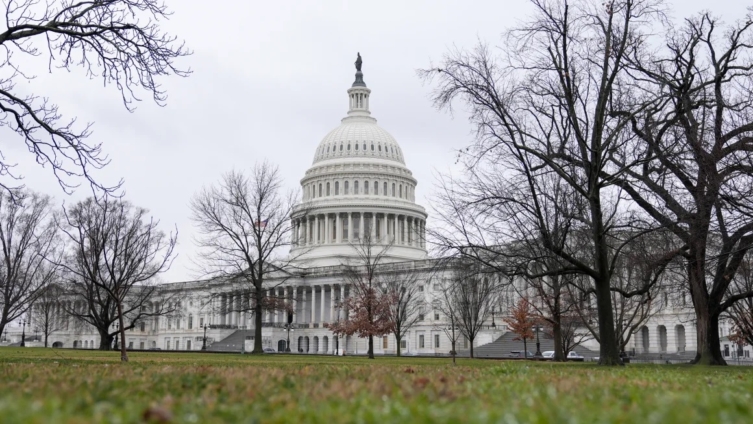


.jpg)